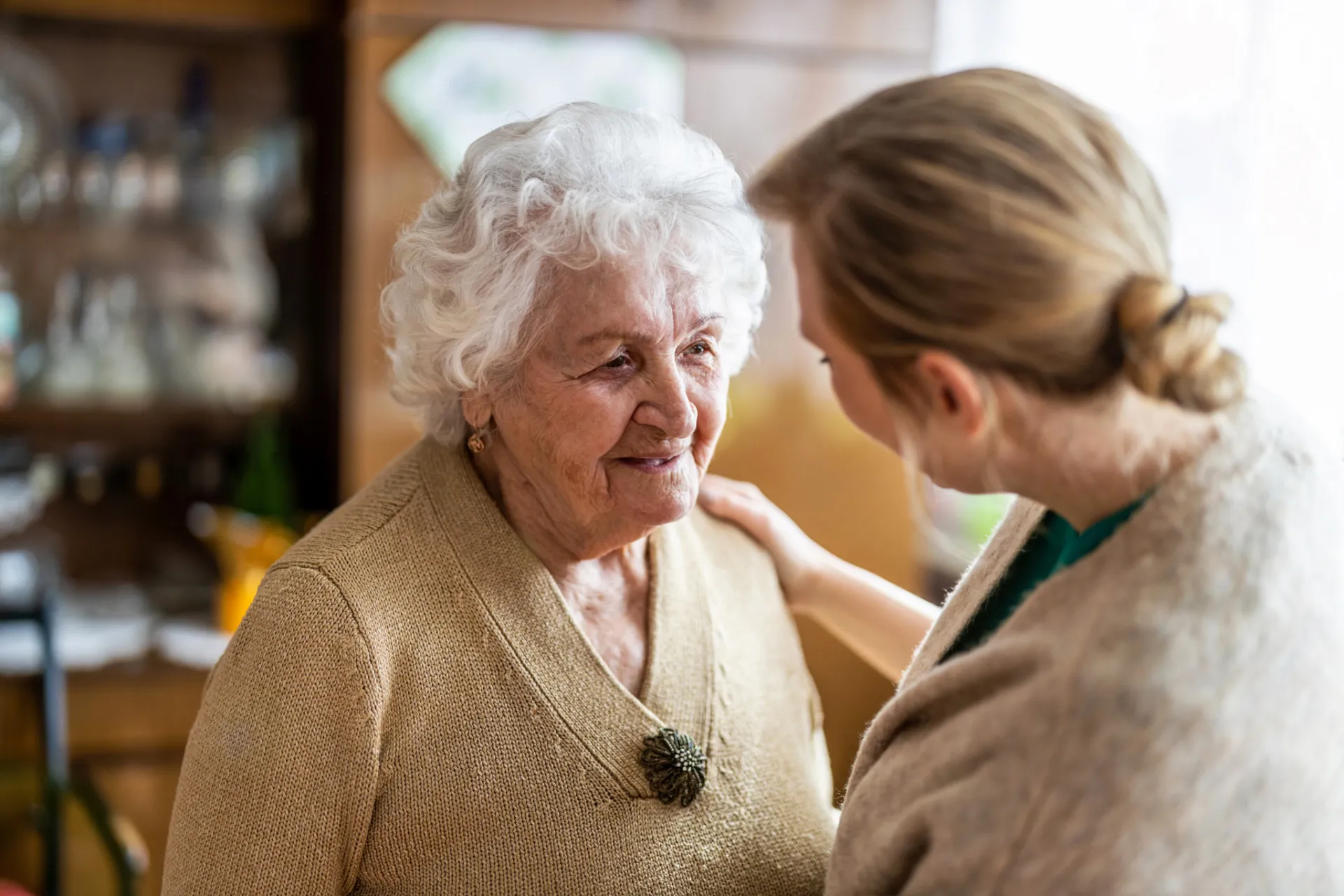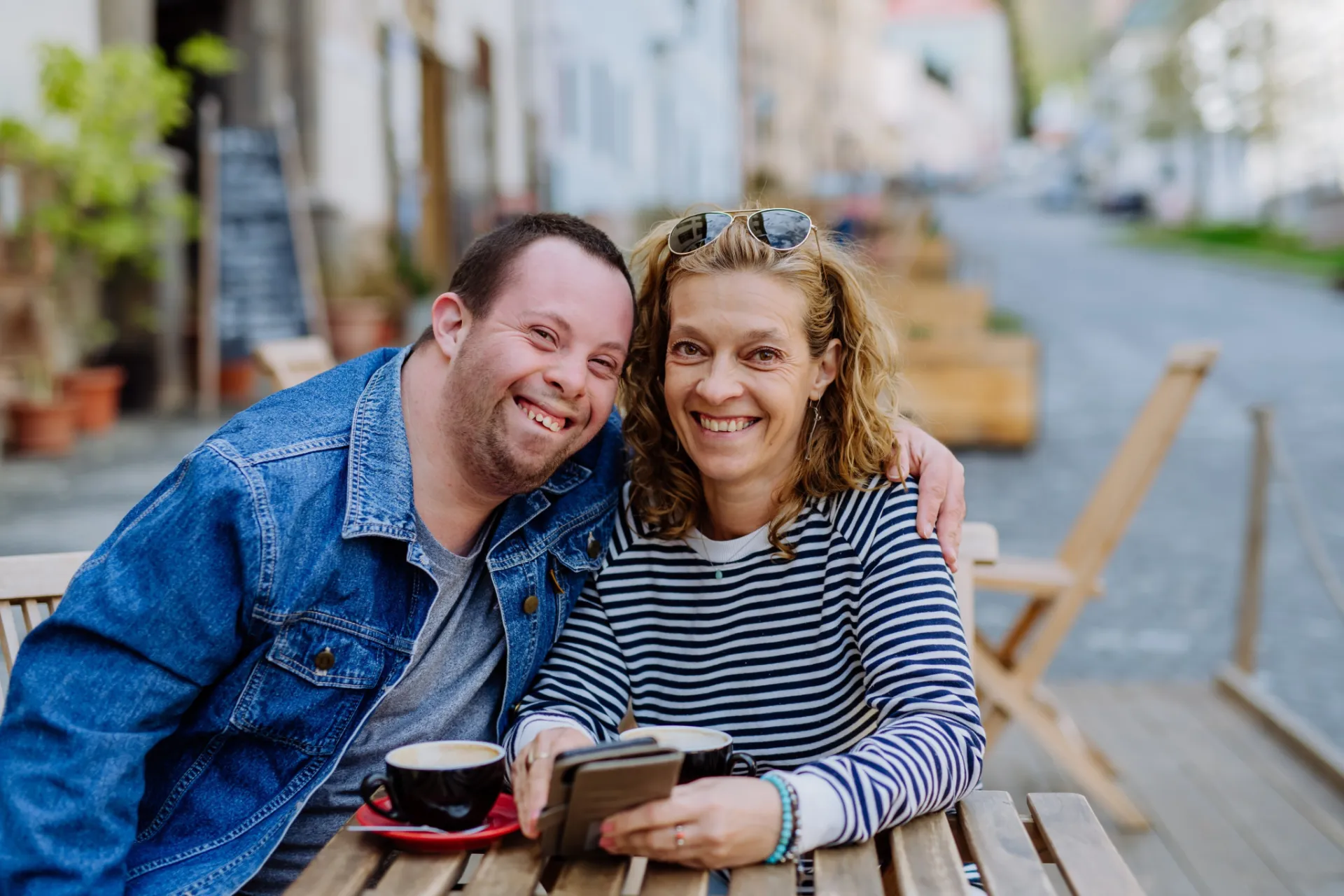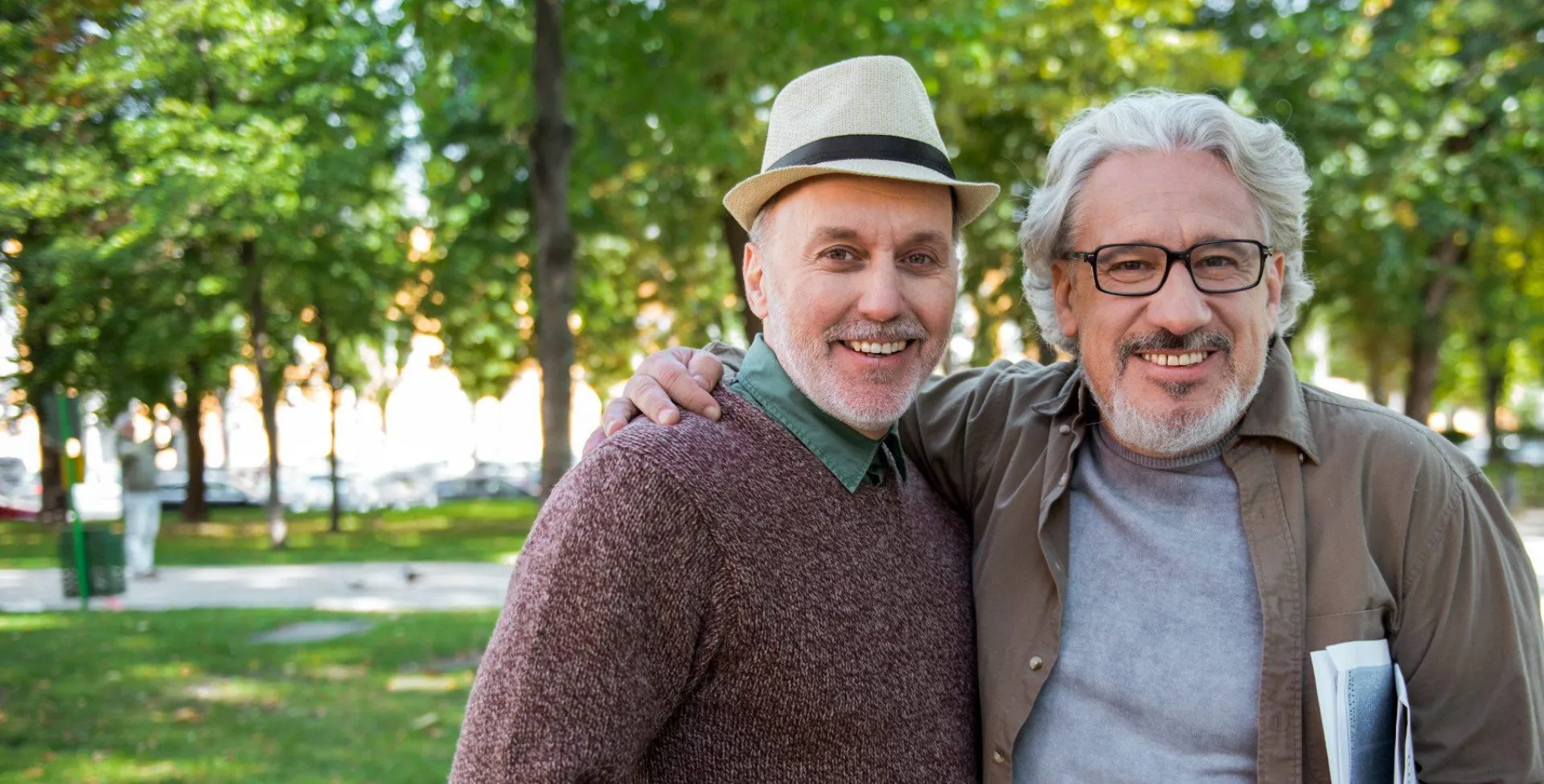
Our Program
Citizen Advocacy Launceston Region Inc was first established in 1989.


Citizen Advocacy facilitates the establishment of Citizen Advocacy relationships for people with intellectual disabilities who are vulnerable or at risk in the North and North East region of Tasmania.
This region encompasses the Launceston, Deloraine, Westbury, Georgetown, Scottsdale and St Helens areas.
The office has a small number of professional staff who are guided by a voluntary Board of Management.


The role of the staff is to identify people with a disability who are most in need of advocacy such as those experiencing social isolation or who may be at risk of neglect, abuse, loneliness and vulnerability.
They then establish and support one-to-one freely given relationships between suitable community members and that person in order to reduce this risk.


Citizen Advocates are not paid so as to be essentially free from any conflict of interest that may arise for or on behalf of the person with a disability. The Advocates are recruited and supported by the Citizen Advocacy office.
Citizen Advocacy is funded by the federal government, Department of Social Services (DSS) under the National Disability Advocacy Program (NDAP).


Citizen Advocacy has a number of programs throughout Australia and on a wider scale is an international movement for the rights and dignity of people with disabilities with well over 100 programs throughout the world.
Citizen Advocacy began in the U.S.A and Canada, and was developed by Dr. Wolf Wolfensberger in the 1960's in response to the concerns of parents who had family members with a disability who were asking the question "What will happen to my child when I am gone?" Their aim was to ensure that adequate protection and advocacy for their family member would be maintained. In Australia the first Citizen Advocacy program was established in Perth in 1980.
Privacy Statement:
When you join our Citizen Advocacy program, we will ask for some personal information, like your name, address, phone number, interests, and why you need an advocate. We use this information to help with finding a Citizen Advocate for you. We will keep your information safe, private, and secure. We will not share your information with anyone else unless you agree or we are required by law to do so.
Complaint Statement
- If you have a problem with your advocate, you can report it to Citizen Advocacy Staff, and we will try to help.
- If you have a problem with Citizen Advocacy staff, you may like to:
- Talk to that staff member about the problem.
- Tell your advocate and your advocate will try to help you.
- Report it to the Chairperson of the Citizen Advocacy Launceston Board of Management.
- You can make a complaint by phone, email, letter and/or in person
- We will make sure we respond within one month of you contacting us.
There are some different agencies not connected with Citizen Advocacy Launceston who could also help you if you want to make a complaint about this program:
| Launceston Community Legal Centre – Free Legal Advice: Ph: 6334 1577 | Equal Opportunity Tasmania Ph: 6233 4841 or 1300 305 062 | Advocacy Tasmania Inc – Advocacy for people with a disability: Ph: 1800 005 131 |
| Complaints Resolution Referral Service: (free Call) Ph: 1800 880 052 | Disability Services Abuse and Neglect Hotline: (free Call) Ph: 1800 880 052 | Speakout Advocacy- Advocacy for people with a disability: Ph: 63432022 |
Citizen Advocacy Launceston have adopted the following objectives
To ensure participation by people with disabilities in the life of the community.
To promote self-reliance among people with a disability.
To open up opportunities for companionship and warmth between people with disabilities and other members of the community.
To provide a means through which the wishes and needs of people with a disability can be made known to the rest of the community.
